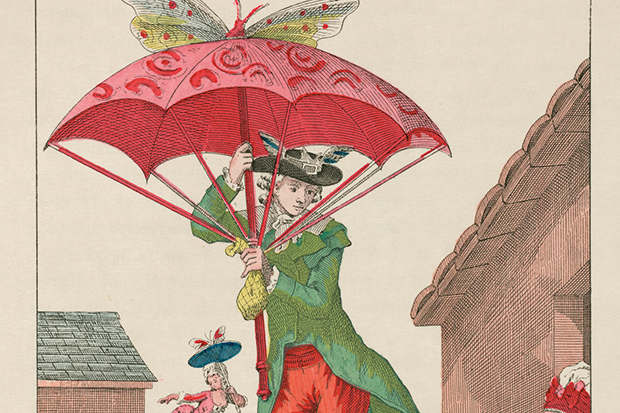How many debut collections does it take to stand up to one of the most accomplished short-story writers of the past half-century? In this case, it’s three against one. Under the Rose is Julia O’Faolain’s first short-story collection in over 20 years, bringing together stories published between 1968 and 2006.
Already a subscriber? Log in
Subscribe for just $2 a week
Try a month of The Spectator Australia absolutely free and without commitment. Not only that but – if you choose to continue – you’ll pay just $2 a week for your first year.
- Unlimited access to spectator.com.au and app
- The weekly edition on the Spectator Australia app
- Spectator podcasts and newsletters
- Full access to spectator.co.uk
Unlock this article
'Under the Rose: Selected Stories', £11.99, 'Dinosaurs on Other Planets', £12.99,'Prodigals', £11.69 and 'Scary Old Sex', £14.99, are available from the Spectator Bookshop, Tel: 08430 600033
You might disagree with half of it, but you’ll enjoy reading all of it. Try your first month for free, then just $2 a week for the remainder of your first year.














Comments
Don't miss out
Join the conversation with other Spectator Australia readers. Subscribe to leave a comment.
SUBSCRIBEAlready a subscriber? Log in